Dr Michele Darrow
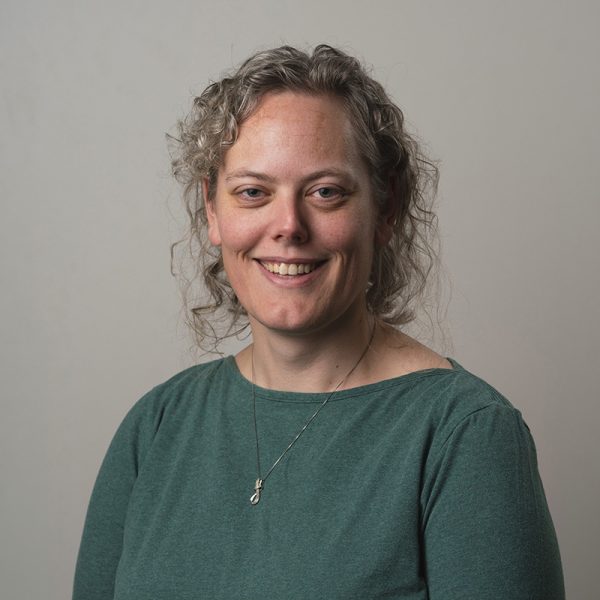
Michele earned her PhD from Baylor College of Medicine, where she applied cryo electron tomography and cryo soft X ray tomography to investigate protein misfolding disorders. After postdoctoral work developing cryo-soft X-ray imaging and associated correlative imaging and image analysis tools at Diamond Light Source. Michele joined SPT Labtech as a development scientist leading research, development and the internal beta-user program on the Chameleon robot for automated cryo EM sample preparation. In 2021 Michele joined the Franklin, working to apply citizen science and machine learning strategies to enable accurate, robust, and efficient data processing for 3D imaging data.
Multi-modal, correlative imaging is a trade-off between many aspects of sample preparation (cryogenic or room temperature), imaging approaches (hard/soft X-ray, electrons, light) and downstream imaging processing (segmentation, co-registration). Michele is interested in developing new workflows that thread the needle through this complex space to enable 3D visualisation and quantification of both tissue context and high-resolution details in the research space of women’s reproductive health needs. Only by optimising workflows, developing tools and approaches to fill workflow gaps and automating processes can advanced imaging and AI-based image processing techniques be brought to bear on important health questions, ultimately changing the way doctors treat patients.
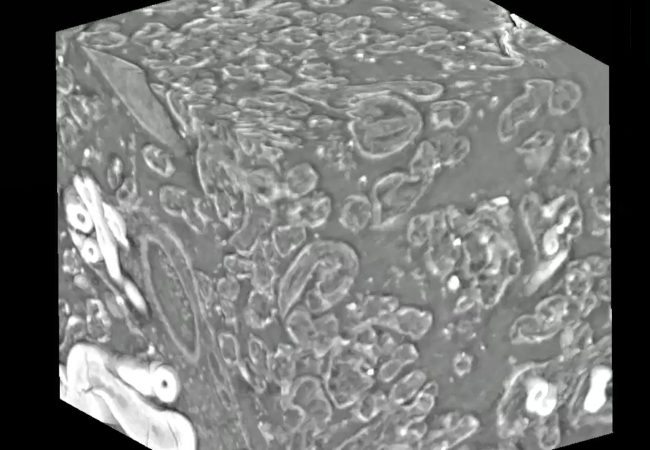
Machine Vision for Bioimaging
Many biological questions can only be answered through visualisation. Seeing is believing, however seeing something that is biologically interesting usually also requires image processing to turn that qualitative observation into quantitative information.
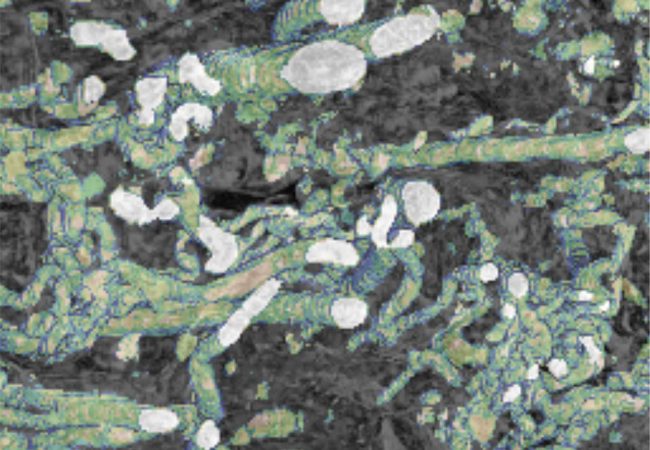
In Utero
Stillbirth is the result of varied processes taking place within both the mother’s and baby’s organs during pregnancy – a time of rapid changes.
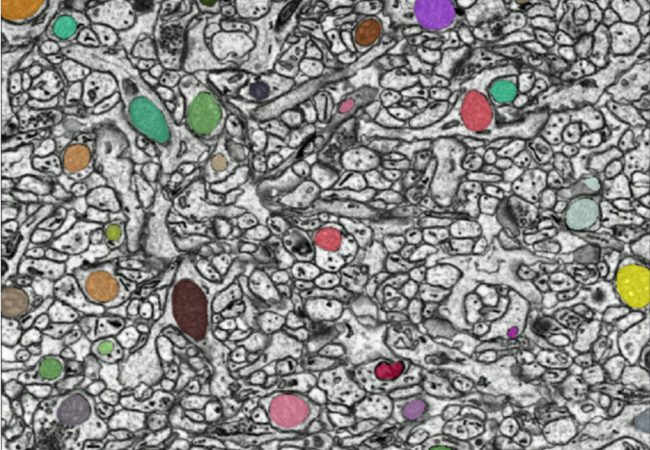
Citizen Science
People-powered research, or citizen science, is the participation of non-experts in scientific research. There are many ways to take part in citizen science, but one popular way is through the Zooniverse platform.
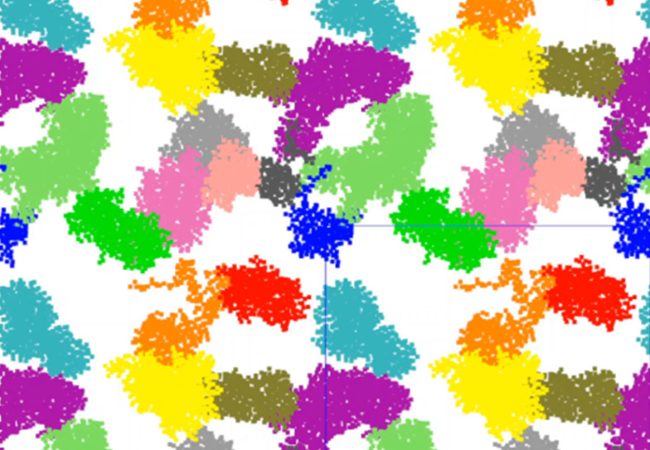
Digital Twin Cell
Creating a digital replica of a living cell enabling researchers to perform virtual experiments and gain valuable insights into cell biology.
